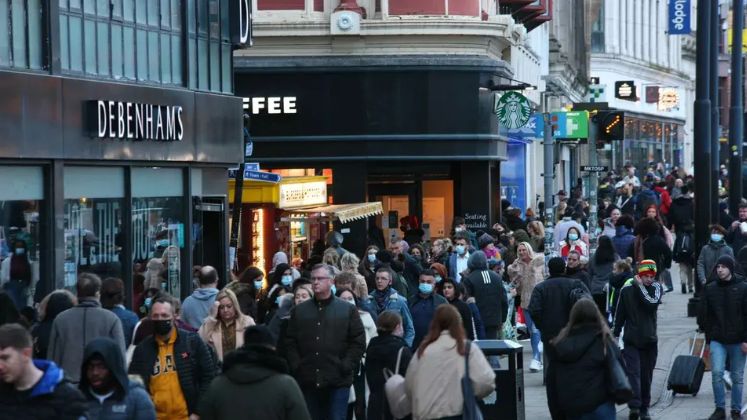
A report by climate NGO Wrap says, that a fashion industry push to reduce the environmental impact of the clothing it sells is being undermined by an ongoing addiction to buying new clothes, with the average Briton buying 28 items every year.
Among the well-known companies that have joined Wrap’s voluntary sustainability initiative, Textiles 2030, are Asos and Primark.
The climate action NGO cautions in its annual progress report that hard-won achievements may be “cancelled out” as clothing production is “spiralling upwards,” despite the fact that the companies involved have been able to lower both the carbon intensity and volume of water per tonne utilised in their garment creation.
The improvement made by the 130 participating brands and retailers, according to Wrap’s director of behaviour change and business programmes, Catherine David, demonstrated that “it’s possible to change this.” However, “positive improvements are currently cancelled out by rising production as fast as they occur.”
Between 2019 and 2022, the companies decreased the water and carbon footprints of their textiles by 4 per cent and 12 per cent, respectively, per tonne. Nevertheless, the research states that a 13 per cent increase in the volume of textiles produced and sold offset this. The entire amount of water used grew by 8 per cent during the period due to the higher production rates, whereas the amount of carbon reduced was just 2 per cent.
David stated that consumers have a role to play because production and consumption are clearly related. Wrap encourages clothing manufacturers to create items that are more durable, recyclable, and contain more recycled materials.
